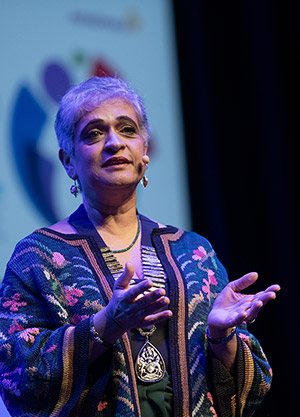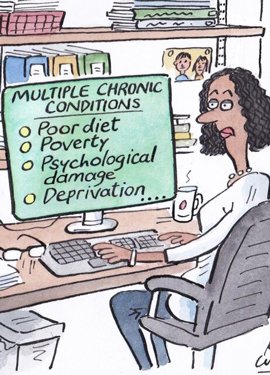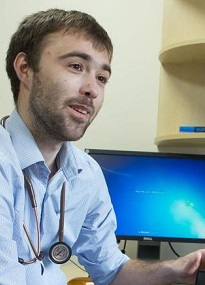
The College is redefining the role of a GP as a 'doctor who is a consultant in general practice' - an expert in providing continuous whole person medical care, and managing the risk and complexity that goes with this
The new definition, published on the College website, addresses outdated misconceptions around the role of the GP and the changing environment in which GPs now operate.
It reflects the expertise and experience of members who are delivering the hundreds of millions of appointments seen in the UK each year. It recognises the expanded role of GPs as multi-disciplinary leaders in primary care. GPs are specialised generalists in medicine, dedicated trainers of the new entrants to the profession, with many other responsibilities.
Crucially, it aims to give primary care specialists parity of esteem with colleagues in secondary care, reflecting the complexity of the work they undertake every day.
Definition of a GP was recently approved by College Council following over a year’s work by a College working group, led by Honorary Secretary Dr Michael Mulholland and former RCGP Clinical Policy Lead Dr Gail Allsopp. They took on the challenge of creating a definition that accurately reflects the perspective of all 54,000 members in the UK, detailing the multiple roles of today’s GPs.
As expected, there was a wide array of views and experiences from GPs across all parts of the UK. There was a high level of consensus among Council members that the principles of being a GP are evidently universal, despite the different communities and challenges many GPs experience throughout their careers.
Dr Mulholland said: “The landscape of general practice is changing and what the profession needs is clarity. The workforce crisis has brought many established aspects of general practice into question, but there has been little to expand the core base of fully qualified, practicing GPs, and a greater emphasis of recruitment has been placed on other roles to reduce GP workload.
“At a time when the profession is under considerable pressure, it is more important than ever to define the unique benefit that GPs bring to primary care and how we do it.”
Read more
Thank you for your feedback. Your response will help improve this page.




